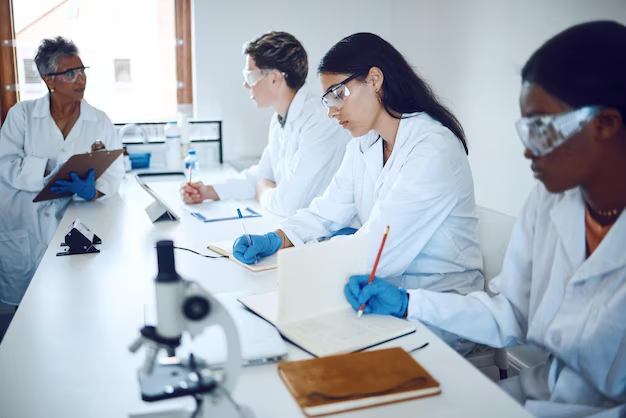How to Become a Medical Science Liaison: Essential Degrees and Certifications
Becoming a Medical Science Liaison (MSL) is a career path that blends scientific expertise with strategic communication skills. This unique role primarily serves as a conduit between pharmaceutical companies and the healthcare community, providing valuable insights and fostering relationships. To embark on this exciting journey, aspiring MSLs typically need an advanced degree, such as a Ph.D., Pharm.D., or M.D., in fields like life sciences, pharmacy, or medicine. While these are the essential foundations, obtaining specialized certifications can enhance one’s qualifications and marketability. Pursuing certifications like the Medical Science Liaison Society's (MSLS) MSL-BC, for example, validates one’s knowledge and commitment to the profession and can be a decisive factor for employers. Additionally, acquiring relevant experience in clinical research, pharmaceuticals, or another health-related field is a significant advantage.
Exploring educational programs that align with these requirements can open doors to numerous opportunities in the field of medical science liaisons. A master’s degree in a related discipline may also serve as a stepping stone, providing foundational knowledge and skills pertinent to the MSL role. With the healthcare landscape continuously evolving, the demand for skilled MSLs remains strong, making it a promising career choice for those with the requisite education and certification.
Educational and Certification Pathways for Medical Science Liaisons:
-
🎓 Advanced Degrees:
- Ph.D. in Life Sciences
- Pharm.D.
- M.D.
-
📜 Certifications:
- MSL-BC (Medical Science Liaison – Board Certified)
-
📘 Alternative Educational Paths:
- Master’s Degree in a relevant field (e.g., Biotechnology, Clinical Research)
-
💼 Relevant Experience:
- Clinical Research
- Pharmaceutical Sales
- Healthcare Industry Experience
